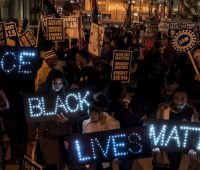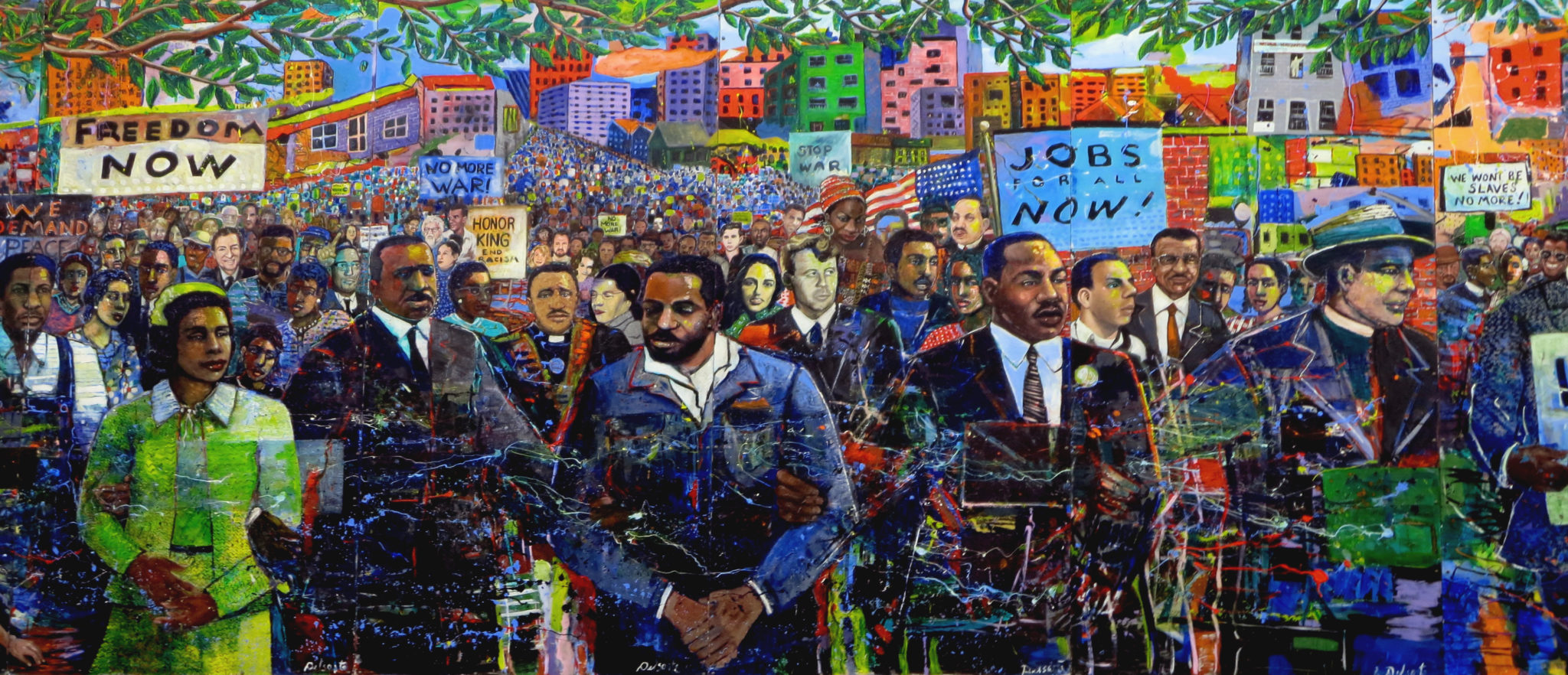Ella Myers provides an account of W. E. B. Du Bois's nuanced analysis of the sense of entitlement among whites in the United States. Drawing from Du Bois's Black Reconstruction and other writings, Myers draws attention to both the concept of a compensatory "wage" that elevates the social status of lower class whites in ways that bind them to white capital, but also to the irrational aspects of antiblack racism. Myers's essay complements the earlier "Reading Racial Conflict" essay by J. Phillip Thompson on Black Reconstruction, and also makes a direct connection to debates on the role of the white working class in Trump's electoral victory.


















